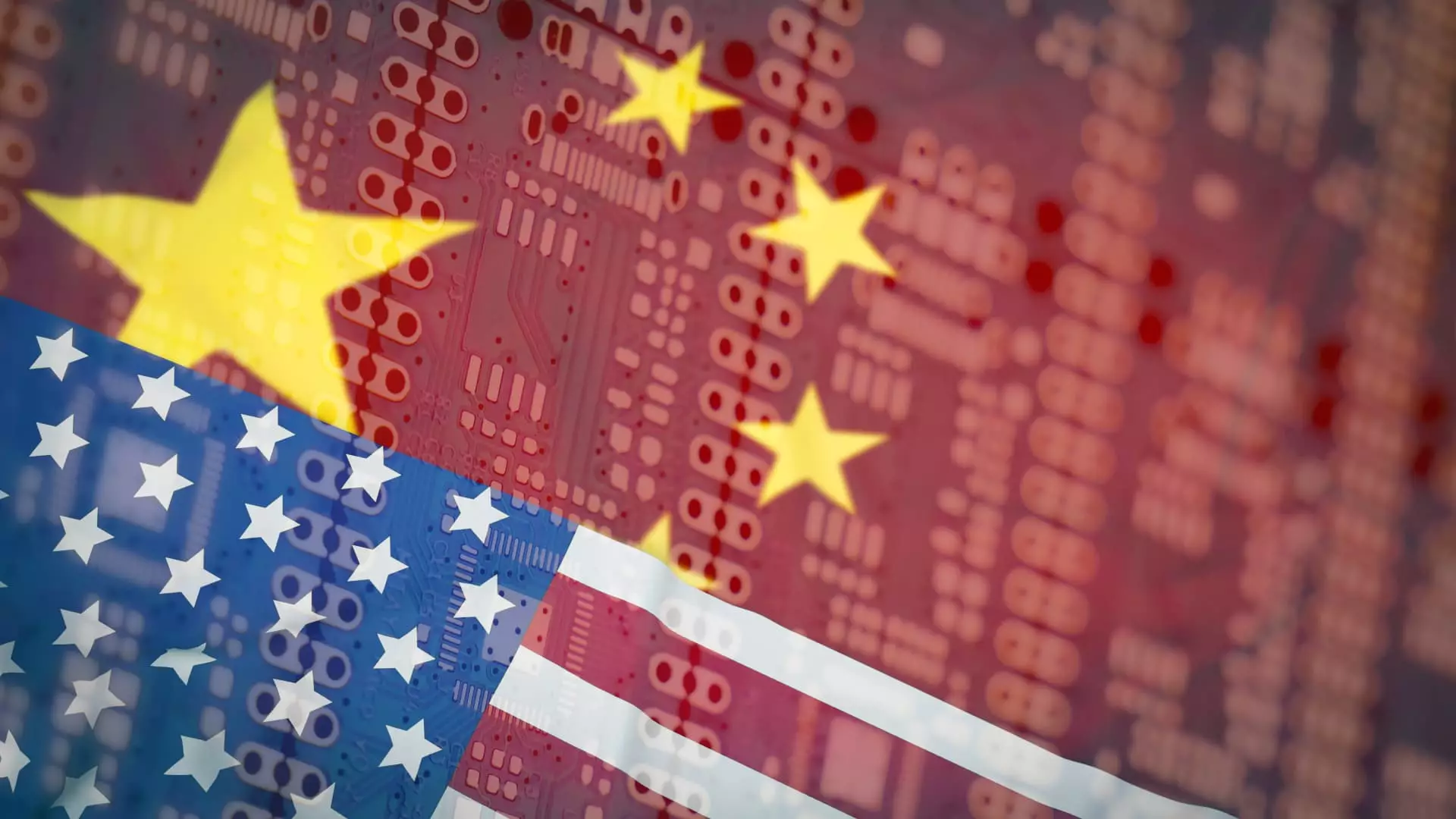While global attention has largely been focused on big U.S. companies like OpenAI and Alphabet’s Google in the field of generative artificial intelligence, China’s tech giants are now making significant strides in this area. Over the past 18 months, companies like Alibaba, Tencent, Baidu, and Huawei have launched their own AI models, seeking to capitalize on the growing interest and potential of this technology.
China’s push to become a world leader in AI adds an interesting dimension to the ongoing technology competition with the U.S. While China has often been viewed as playing catchup to the U.S. in this field, the country’s rapid development and deployment of generative AI models signal that the race is heating up.
Big Players in China’s AI Industry
Baidu, one of China’s largest internet companies, was among the first in the country to introduce generative AI applications. Its model, Ernie Bot, has gained significant traction with 300 million users and capabilities comparable to OpenAI’s GPT-4. Similarly, Alibaba has launched its Tongyi Qianwen models, which have been adopted by over 90,000 enterprise users. Tencent’s Hunyuan model boasts strong Chinese language processing abilities and a wide range of functions, including image creation and text recognition.
Differentiating itself from competitors, Huawei has developed specialized AI models tailored to specific industries such as government, finance, and meteorology. These models offer advanced capabilities like predicting the trajectory of typhoons in a fraction of the time previously required. ByteDance, the company behind TikTok, entered the AI race with its Doubao model, offering similar generative features at a more affordable price point compared to its counterparts.
Chinese technology firms have had to navigate strict regulations set by Beijing regarding the development and deployment of AI models. While some versions of these models are open-sourced, allowing developers to access and use them, there are limitations to their usage. Companies like Baidu, Alibaba, and Tencent are leveraging their cloud computing divisions to offer customers access to their AI models, providing a new revenue stream and driving innovation in various industries.
As China continues to invest heavily in AI research and development, the landscape of the global AI market is expected to evolve rapidly. Chinese tech firms are poised to challenge established players in the U.S. and Europe, offering novel solutions and driving advancements in generative AI technology. With a growing number of applications and use cases for these models, the possibilities for innovation and collaboration in the AI space are endless.

